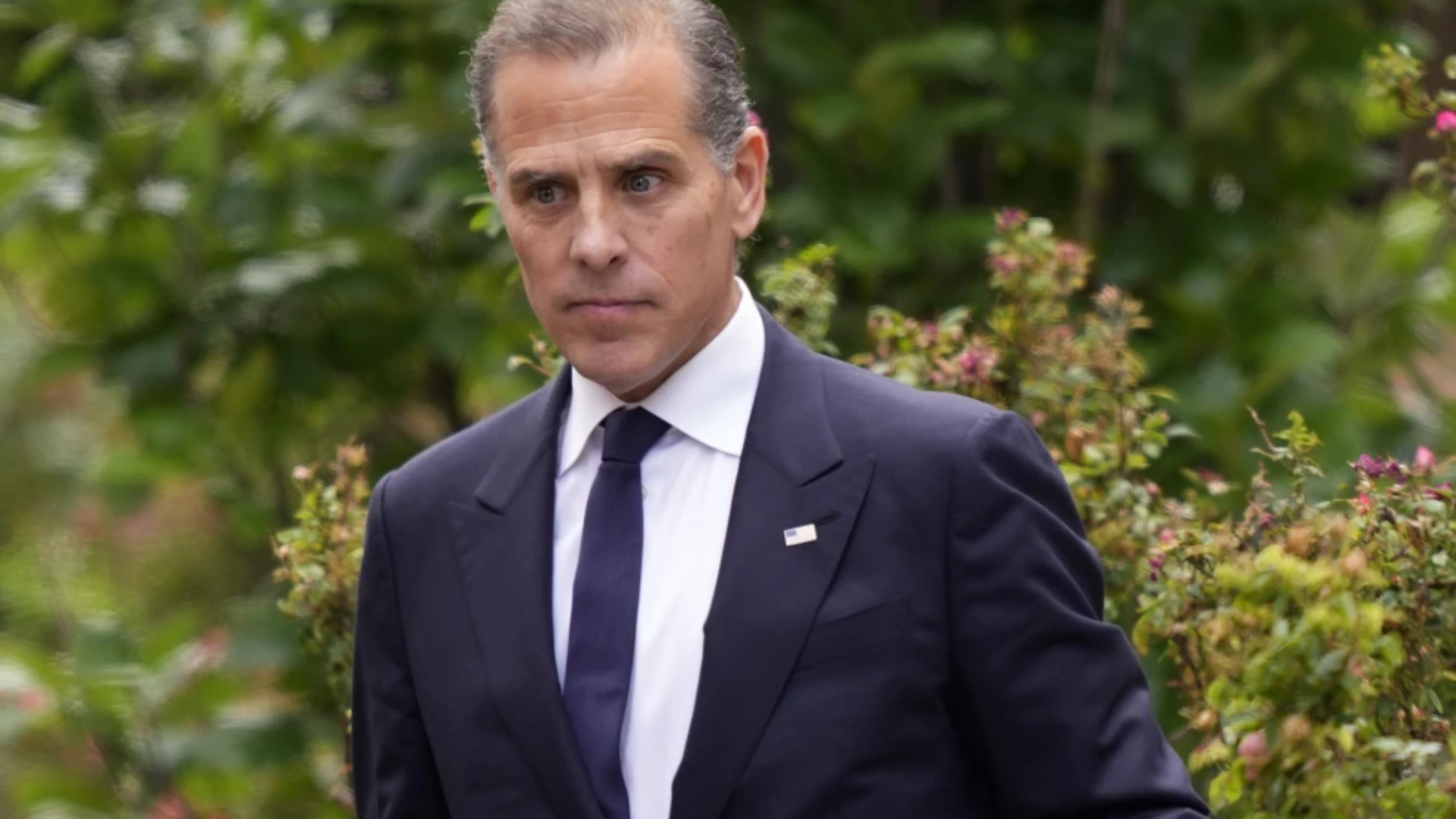WASHINGTON — A federal judge heard arguments Tuesday on whether to grant Trump ally Roger Stone a new trial based on his claims of juror bias in the trial that led to his conviction and sentencing on charges related to the Russia investigation.
The hearing was initially sealed, but U.S. District Court Judge Amy Berman Jackson agreed to open it as long as there was no identification of jurors who could potentially testify. Stone asked for a new trial Feb. 14 after a previous request had been denied.
Following the verdict, one juror wrote an op-ed for The Washington Post, explaining why he felt they were right to convict. And the forewoman spoke about the case in a Facebook post.
During a trial, jurors are not allowed to read about the case or speak about it to anyone, but after their verdict is rendered, they are released from duty and can speak publicly if they wish.
Jackson said jurors in the case had faced harassment even before they commented, and she worried for their continued safety. She detailed comments about jurors made by Trump in tweets, by Fox News commentator and Trump supporter Tucker Carlson and right-wing conspiracy theorist Alex Jones.
“I think it’s without question then, that this is a highly publicized case in a highly polarized political climate in which the president himself has shone a spotlight on the jury,” she said. “Individuals who are angry about Mr. Stone’s conviction may choose to take it out on them personally.”
Stone’s lawyers said they feel they were misled by the forewoman, even though they had her jury questionnaire and had a hired a jury consultant — who they said did no Google searches on potential jurors before the trial. They pointed to articles she sent online in posts made before the trial on Trump lawyer Michael Cohen, and other posts on the Russia investigation. Jackson asked why the posts suggest she misled them.
“It’s a question about did she lie?” Jackson asked. “I want to know what she lied about in this questionnaire.”
Stone was convicted in November on all seven counts of an indictment that accused him of lying to Congress, tampering with a witness and obstructing the House investigation into whether the Trump campaign coordinated with Russia to tip the 2016 election.
He was the sixth Trump aide or adviser to be convicted on charges brought as part of special counsel Robert Mueller’s investigation into Russian interference in the 2016 election.
Before the Feb. 20 sentencing, the Justice Department leadership backed away from its initial recommendation just hours after Trump tweeted his displeasure at the recommendation of up to nine years in prison, saying it had been too harsh. The highly unusual move prompted the four trial prosecutors to quit the case, and one left the Justice Department altogether.
Attorney General William Barr defended the decision in an ABC News interview where he also said the president’s tweets involving the Justice Department were making it “impossible” for him to do his job. He asked the president to stop tweeting, but just hours later Trump was back at it, saying he had never asked Barr to open criminal investigations — but he had the authority to do so if he wished.
The continued spotlight, in turn, prompted Barr to consider quitting, an administration official told AP. The dust has settled a bit, but it’s not clear how Trump will take the most recent news of his longtime ally.
On Tuesday while on a trip to India, he tweeted again about the forewoman, claiming she was biased and so was the judge.
At Stone’s sentencing, Jackson said the evidence clearly showed that Stone testified falsely to Congress and repeatedly pressured a potential witness either to back up his lie or refuse to testify.
Near the end, her voice rose as she said that Stone’s entire defense strategy seemed to amount to “So What?” Stone did not testify and called no witnesses on his behalf.
“This is NOT campaign hijinks. This was not Roger being Roger. You lied to Congress,” she told Stone. “The dismay and disgust … at the defendant’s actions in our polarized climate should transcend (political) parties.”
She sentenced Stone to 40 months in prison, plus two years’ probation and a $20,000 fine.
Copyright 2020 The Associated Press. All Rights Reserved. This material may not be published, broadcast, rewritten, or redistributed. PHOTO AP





















